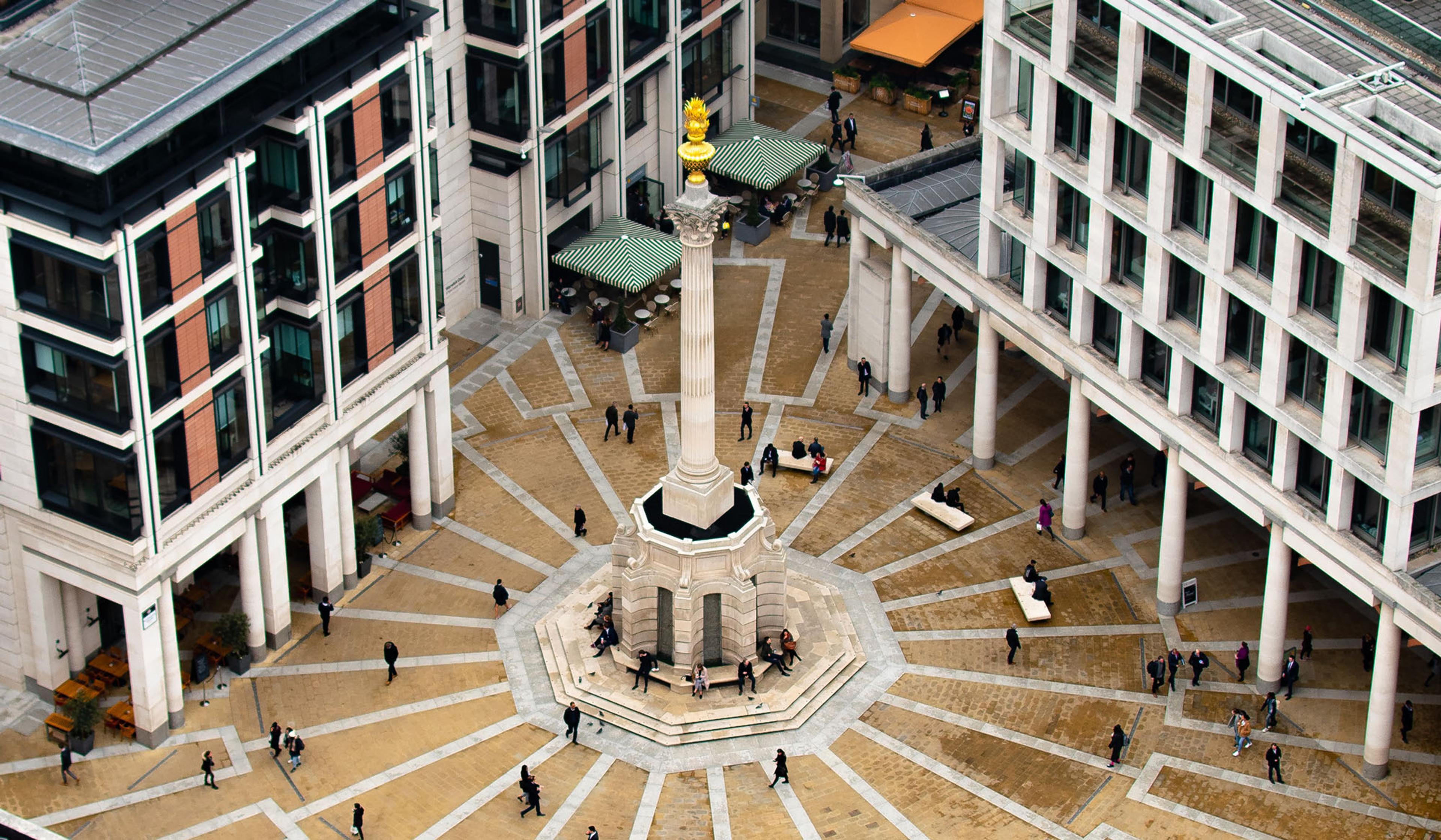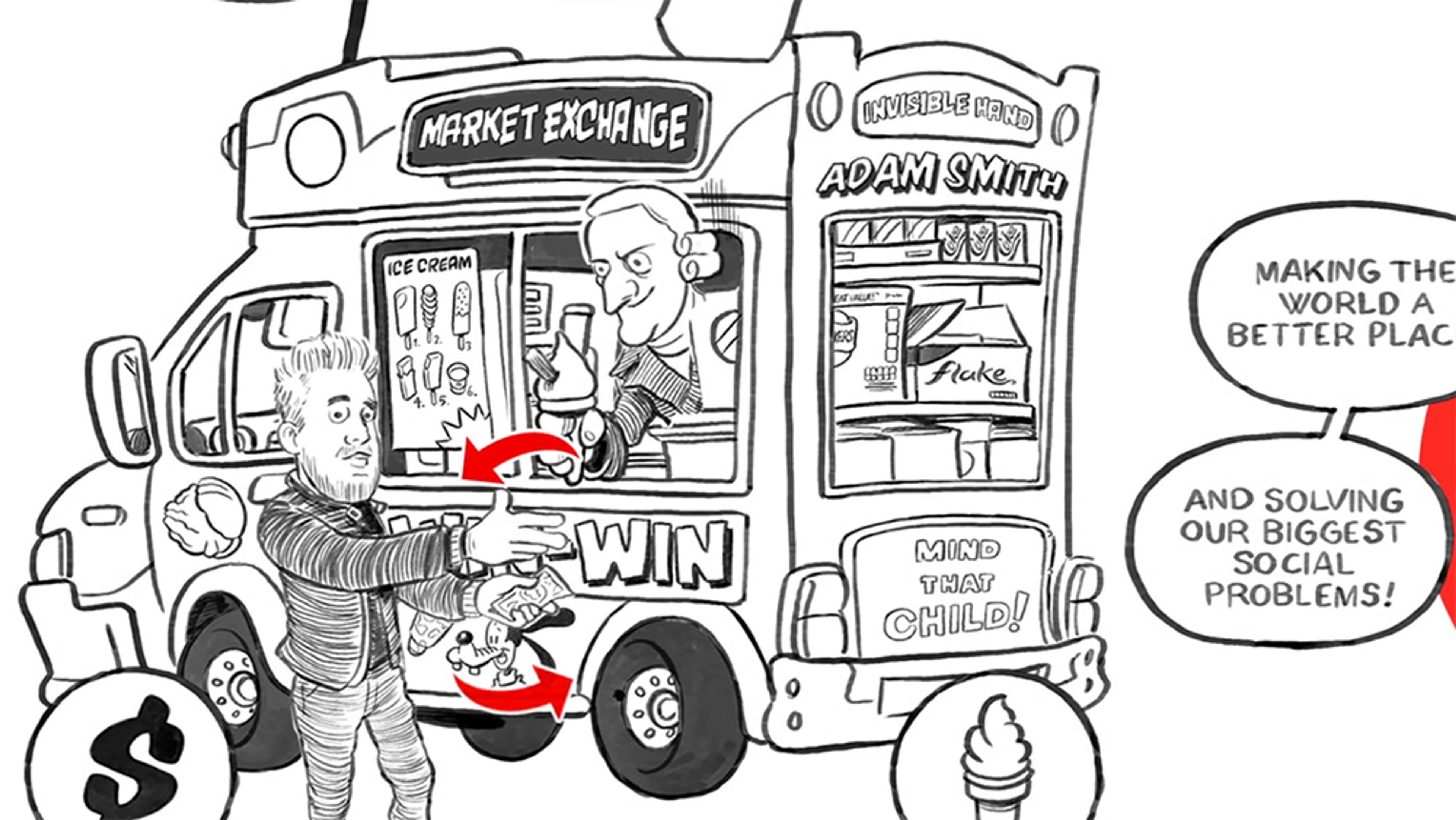What would it take to build a more just society? In contemporary debates about justice, identity is frequently front and centre, but the 20th-century American philosopher John Rawls thought that looking past identity was the key to more equality. In his book A Theory of Justice (1971), Rawls argued that if we could build a society from behind a ‘veil of ignorance’ that kept us from knowing anything about our identity, we would make choices resulting in a fairer society than we now have – one in which all would benefit from greater freedom and ‘fair equality of opportunity’.
Want to build a just society? John Rawls said to start by ignoring your identity

videoPolitical philosophy
Beyond the veil – what rules would govern John Rawls’s ‘realistic Utopia’?
6 minutes

videoFairness and equality
To build a fair society, we must first be able to envision it. John Rawls can help
64 minutes

videoVirtues and vices
Why Jean-Jacques Rousseau and Adam Smith were divided on the virtues of vanity
5 minutes

videoEthics
Plato saw little value in privacy. How do his ideas hold up in the information age?
5 minutes

videoFairness and equality
Win-win solutions are a fantasy: in reality, progress creates both winners and losers
5 minutes

videoEthics
All’s not well that ends well – why Kant centred morality on motives, not outcomes
55 minutes

videoCosmopolitanism
Is the introspection of self-help and therapy hurting our ability to empathise?
10 minutes

videoHistory of ideas
Socrates believed self-knowledge was essential. Today, we wonder if there’s even a self to know
2 minutes

videoInformation and communication
The information age traffics in speed. To adapt to it wisely, we must slow down
5 minutes